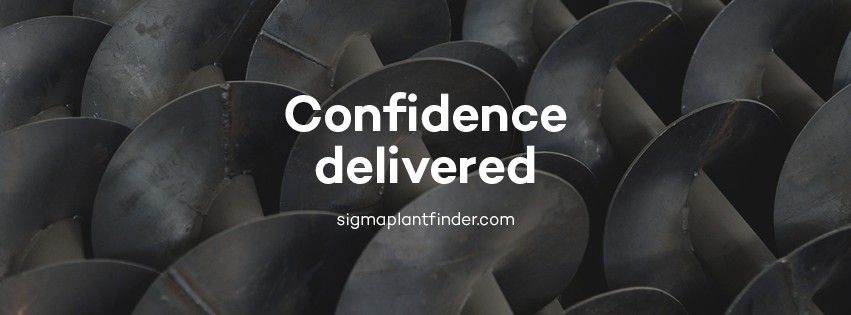
Preventative maintenance must start from outside the vehicle.
- Lights: If the vehicle has any lights — headlights, brake lights, warning lights, etc. — inspect to ensure they are working properly. Any faulty or burned-out bulbs will be replaced.
- Steps, handrails, and grab irons: All grab points must be secured thoroughly and in good condition -rusty or damaged grab points could be dangerous.
- Undercarriage: Primarily important if the machine work in areas where it snows or is exposed to salt or road de-icing chemicals. Inspect for signs of rust or damage.
- Brakes: There are multiple parts to this step, including the filters, fluid levels, lines and fittings, and the parking brake. Any potential issues in this area, the machine will be set aside until it can be repaired.
- Electrical lines: Any exposed wires are inspected to ensure their insulation is fully intact.
- Hydraulic lines: Lines are inspected for any signs of leaks that could cause equipment failure.
- Hydraulic oil: The oil that is carried through the hydraulic lines is inspected, as well. Oil levels are checked, as well as any hoses, cylinders and fittings for leaks.
- Fuel tank: The cap is checked to be in place on a fuel tank, and the tank itself is inspected to ensure there are no dents in the metal that could weaken the tank and lead to leaks.
- Lift arms: If the equipment has any lift arms, they are inspected for rust, leaky hydraulics and other weak points.
- Body: The body of the equipment is inspected for rust, damage or other potential problem points.
- Grease lines: |Any grease lines are inspected to check for leaks.
- Check for leaks: Other places that leaks could occur such as in coolant lines, fuel lines or tires are also inspected.
- Work tools: For any smaller work tools, areas such as cutting edge or teeth are inspected in case they need sharpening.
SPECIFIC-MACHINE INSPECTIONS
The inspections vary depending on the exact specifications of the machine.
- Wheeled machines: On machines with wheels, we check the tires and make sure the valve stems and the tire tread are in good repair and that the tires are also inflated properly. Rims are inspected for damage, and lug nuts are checked to be in place and tight. Axles and drive shafts are inspected for damage or rust.
- Tracked machine: For machines with tracks instead of wheels, we inspect the rollers and sprockets in the undercarriage for signs of rust or wear. Idler wheels are inspected to ensure they aren’t damaged and that they spin freely. Metal track shoes and links are inspected for damage. Rubber tracks are inspected for tension and the tack of the rubber. The torsion axles on these machines are checked for rust or damage.
INSPECTING THE ENGINE COMPARTMENT
Once the exterior of the machine has been examined we then inspect under the hood.
- Fluid levels: Oil, engine coolant and transmission oil levels are checked. Any fluids that are lower than their optimum level are refilled, and the equipment is checked for any obvious leaks.
- Air filter: The oil filter is checked to see if it is dirty and needs to be replaced. These filters are replaced often, but a dirty filter can make the engine run poorly.
- Belts and hoses: Belts are inspected for signs of undue wear. They will be tight on the pulleys, but not be pulling too hard so that the pulleys themselves are damaged. Hoses are inspected for leaks, and for signs of wear or dry rot.
- Battery connections: Battery terminals are inspected for signs of corrosion and replaced if they are damaged.
- Covers and guard: Any existing safety covers or finger guards are inspected to ensure they are in good shape. Any damaged covers are removed and replaced.
Preventive maintenance helps stop small problems becoming big ones that might damage the equipment and put it out of action. It is worth the small amount of time to check to prevent bigger issues occurring.
Sigma Plantfinder has over 45 years of experience and have developed outstanding reputation in the foundation and soil stabilisation industry. We pride ourselves in knowing what it is exactly our clients need and where to find it. With our highly skilled and dedicated team working with our global clients, the acquisition of your equipment will be a simple and straightforward experience. We pride ourselves on our outstanding reputation and long-lasting relationships with our clients. Their best interest is at the heart of all our decisions to get them the best equipment for the job, at low costs and in a timely manner. Sigma are the best choice of all your piling purchases.
To contact Sigma with your questions and queries, please call on +44 (0) 1642 206 100, email sales@sigmaplantfinder.com, or fill in an enquiry form on our webpage.
